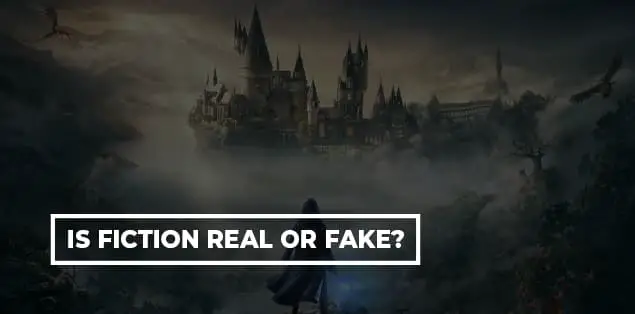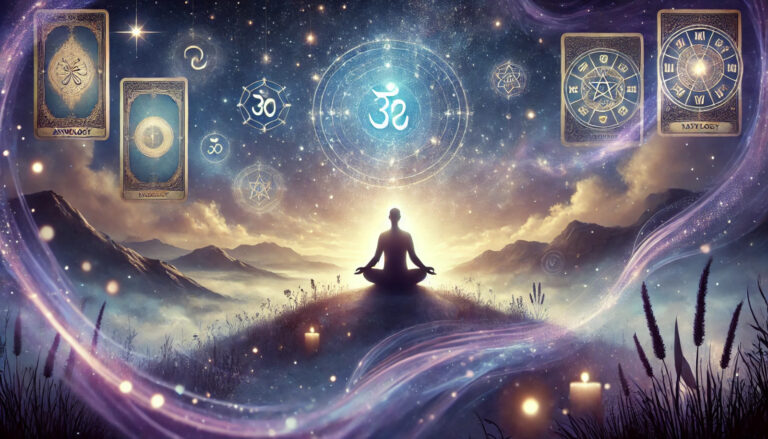Is Fiction Fake? It’s Not That Simple…
“Is Fiction Fake?” The label “fiction” conjures up images of fantastical creatures, far-flung galaxies, and events that defy the laws of physics. But is fiction simply a realm of “fakeness,” devoid of truth or value?
Not quite.
While fiction may not depict factual events or real people, it offers something far more profound: a lens through which we can explore the human experience in all its complexity.
Beyond Make-Believe:

Think of classic novels like Moby Dick, Pride and Prejudice, or To Kill a Mockingbird. These stories, though fictional, grapple with timeless themes of obsession, love, and social justice. They hold up mirrors to our own lives, prompting us to confront our vulnerabilities, biases, and aspirations.
Fiction allows us to:
- Empathize with diverse characters: Stepping into the shoes of fictional characters, regardless of how fantastical, fosters empathy and understanding for perspectives different from our own.
- Explore complex emotions: From the gut-wrenching grief of Hamlet to the unbridled joy of Pippi Longstocking, fiction lets us vicariously experience a kaleidoscope of emotions, expanding our emotional intelligence.
- Question and challenge reality: Dystopian novels like 1984 and The Handmaid’s Tale challenge our assumptions about the world and prompt us to consider alternative possibilities, sparking critical thinking and social commentary.
- Find solace and hope: Even in the darkest of fictional worlds, a glimmer of hope often persists. This inherent optimism can provide solace and inspiration in challenging times.
The Blurring Lines:

Fiction’s relationship with reality is not always clear-cut. Genres like historical fiction blend real events and figures with fictional narratives, blurring the lines between fact and imagination. This can enrich our understanding of history by making it more engaging and relatable.
Even fantastical genres like science fiction and fantasy often grapple with real-world issues like climate change, technological advancements, and political power dynamics. By presenting these issues in fantastical settings, they can offer new perspectives and spark critical discussion.
The Power of Imagination:

Ultimately, fiction’s true power lies in its ability to ignite our imaginations. It allows us to escape the confines of the everyday and explore the boundless possibilities of human creativity.
So, is fiction fake? Not in the absolute sense. It may not depict literal truths, but it offers something far more valuable: a platform for exploring the human condition, sparking empathy, and igniting the power of imagination.
In a world often defined by facts and figures, fiction reminds us of the importance of storytelling, creativity, and the boundless potential of the human mind. Let’s embrace fiction not as a realm of “fakeness,” but as a vital tool for understanding ourselves and the world around us.



